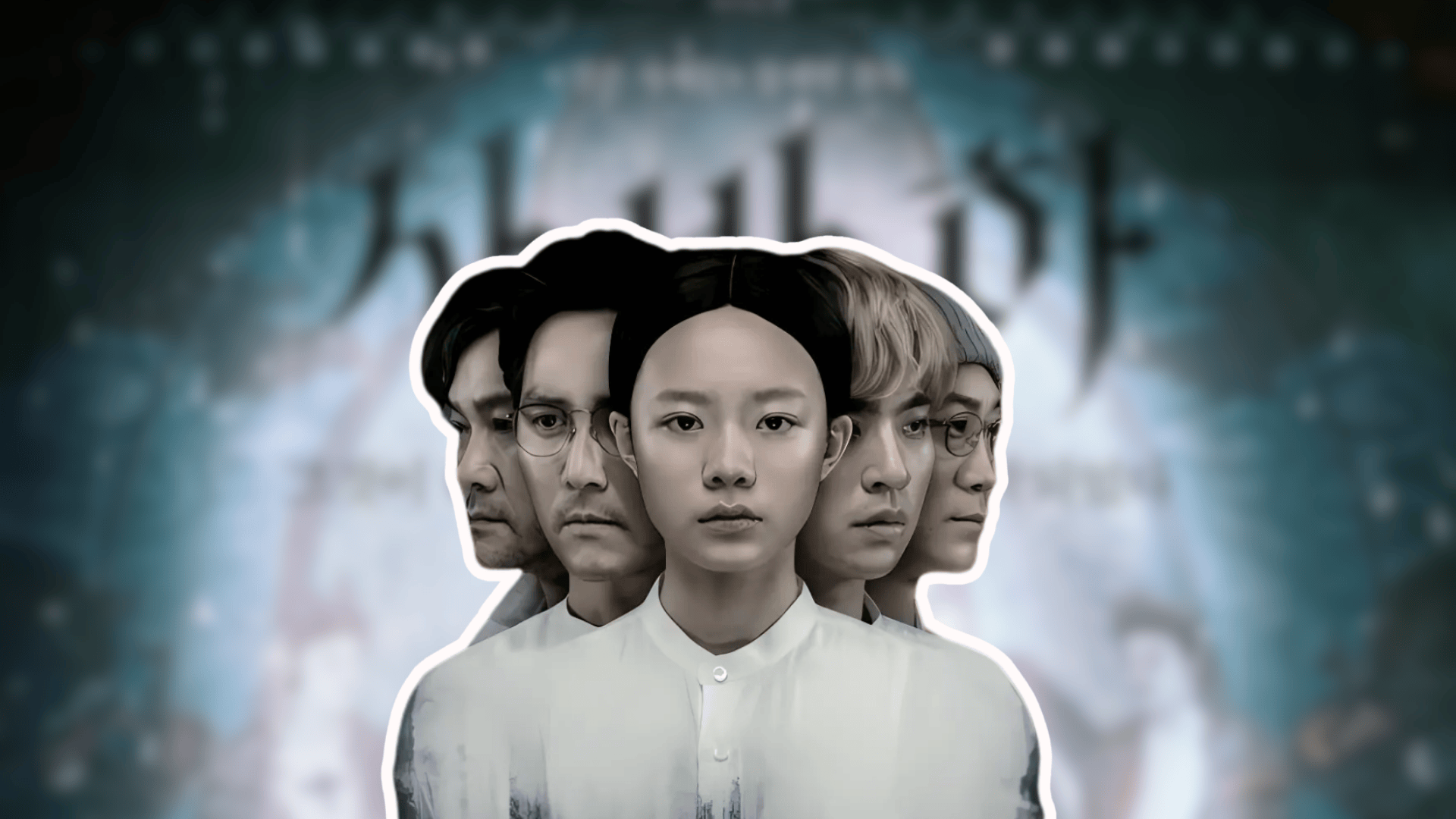What happens when a pastor investigates a deadly Buddhist cult?
“Svaha: The Sixth Finger” follows Pastor Park as he digs into the murders of girls born in 1999.
This South Korean horror-thriller gets under your skin without cheap scares.
Director Jang Jae-hyun mixes Buddhist and Christian symbols to create something truly unsettling.
Lee Jung-jae and Park Jeong-min deliver powerful performances that keep you hooked.
The film builds tension slowly through atmosphere rather than jump scares.
Is it perfect?
No – the story gets complicated and moves slowly at times.
But if you enjoy deep religious themes and unique mythology, this film offers something different from typical horror movies.
Why You Need to Watch “Svaha: The Sixth Finger” Right Now
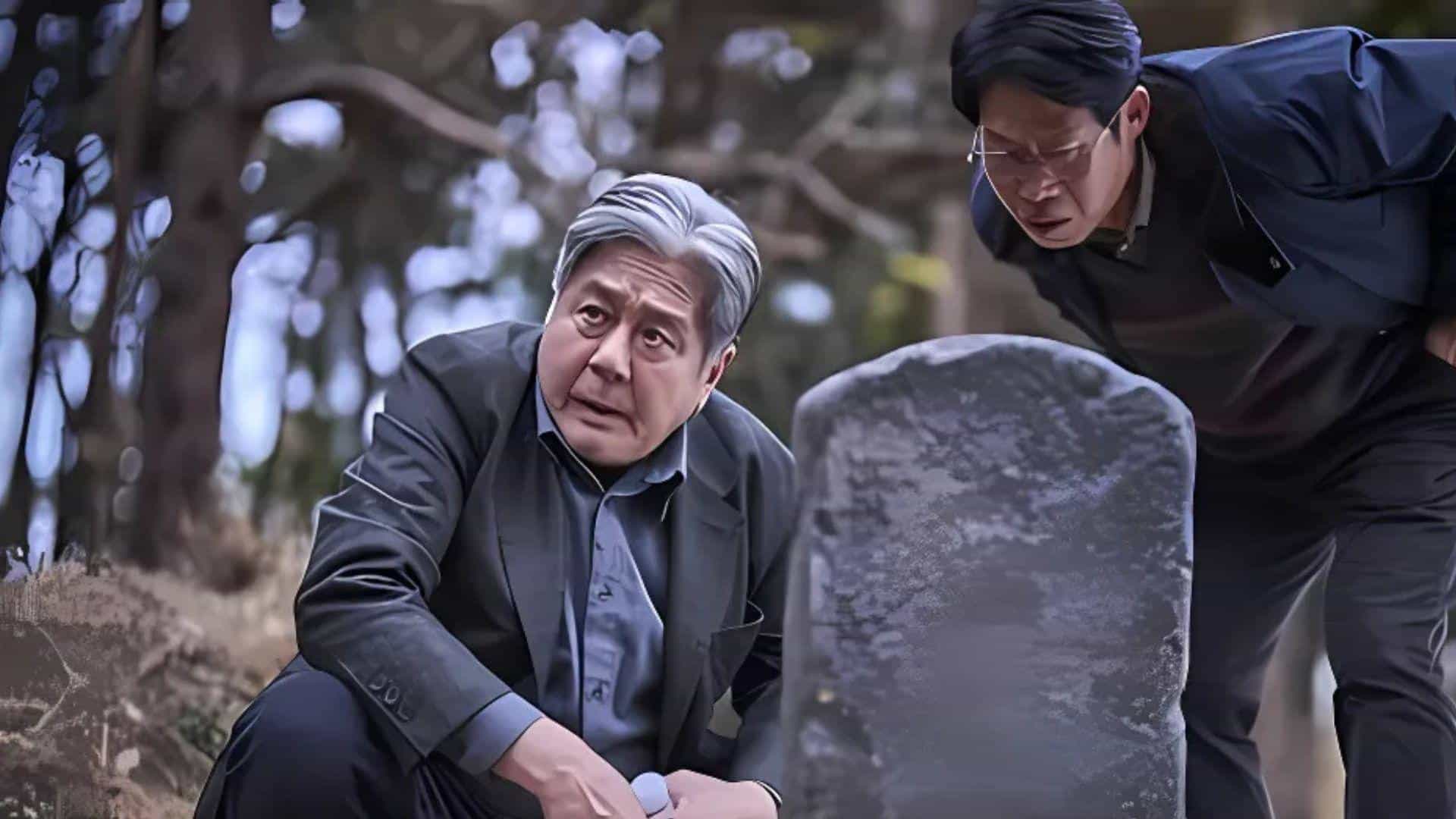
“A spiritual thriller that challenges faith and fear in equal measure.”
Why should “Svaha: The Sixth Finger” be your next watch?
Korean cinema keeps breaking new ground with this religious-horror mix that you can’t miss.
Despite hitting 840,000 viewers in its first week in South Korea, this Netflix treasure stays hidden from international audiences.
Director Jang Jae-hyun creates a beautiful theological mystery.
The film tackles religious extremism with smart depth that most horror movies never attempt.
Loved “The Wailing”?
Then “Svaha” is perfect for you.
It delivers the same thoughtful weight through its unique blend of Buddhist and Christian mythology.
This atmospheric Korean thriller proves that horror can be both scary and smart.
Film Overview & Plot Summary
Here’s an overview of the film:
| FILM ELEMENT | DETAILS |
|---|---|
| Title | Svaha: The Sixth Finger (사바하) |
| Release Date | February 20, 2019 |
| Country of Origin | South Korea |
| Language | Korean |
| Streaming Platform | Netflix |
| Runtime | 122 Minutes |
| Rating | TV-MA |
| Genre | Mystery, Thriller, Horror, Religious |
| Director | Jang Jae-hyun |
What starts as a simple cult investigation becomes something much darker in “Svaha: The Sixth Finger.”
This 2019 South Korean thriller follows Pastor Park, who specializes in checking out suspicious religious groups.
He’s hired to look into a mysterious Buddhist sect called Deer Mount.
But Pastor Park isn’t working alone.
Police Captain Hwang is investigating murders where the main suspect belongs to the same cult.
As both men dig deeper, they uncover a terrifying conspiracy targeting girls born in 1999.
Why these specific girls?
The answer lies in ancient prophecies about an immortal being and his destined enemy.
Director Jang Jae-hyun blends Buddhist and Christian beliefs with supernatural horror to create something uniquely Korean.
This 122-minute thriller is available on Netflix with a TV-MA rating.
It proves that religious horror can be both smart and spine-chilling.
Performance and Cast Analysis
Who brings this supernatural thriller to life?
Lee Jung-jae, famous for “Squid Game,” plays Pastor Park with incredible skill.
He changes from a money-focused investigator into someone who truly believes.
His performance perfectly shows the journey from doubt to faith.
Park Jeong-min gives a chilling performance as Na-han/Gwangbok, a cult member slowly breaking down mentally.
His character becomes the heart of the film’s emotional story.
Lee Jae-in plays Geum-hwa, bringing sweet innocence to a child with supernatural importance.
Jung Jin-young keeps things realistic as the practical police captain who grounds the story.
Even though Yoo Ji-tae appears briefly, he steals every scene he’s in.
His pivotal role changes how you understand the entire movie.
Each actor brings something special that makes this religious thriller work so well.
Visual and Technical Elements
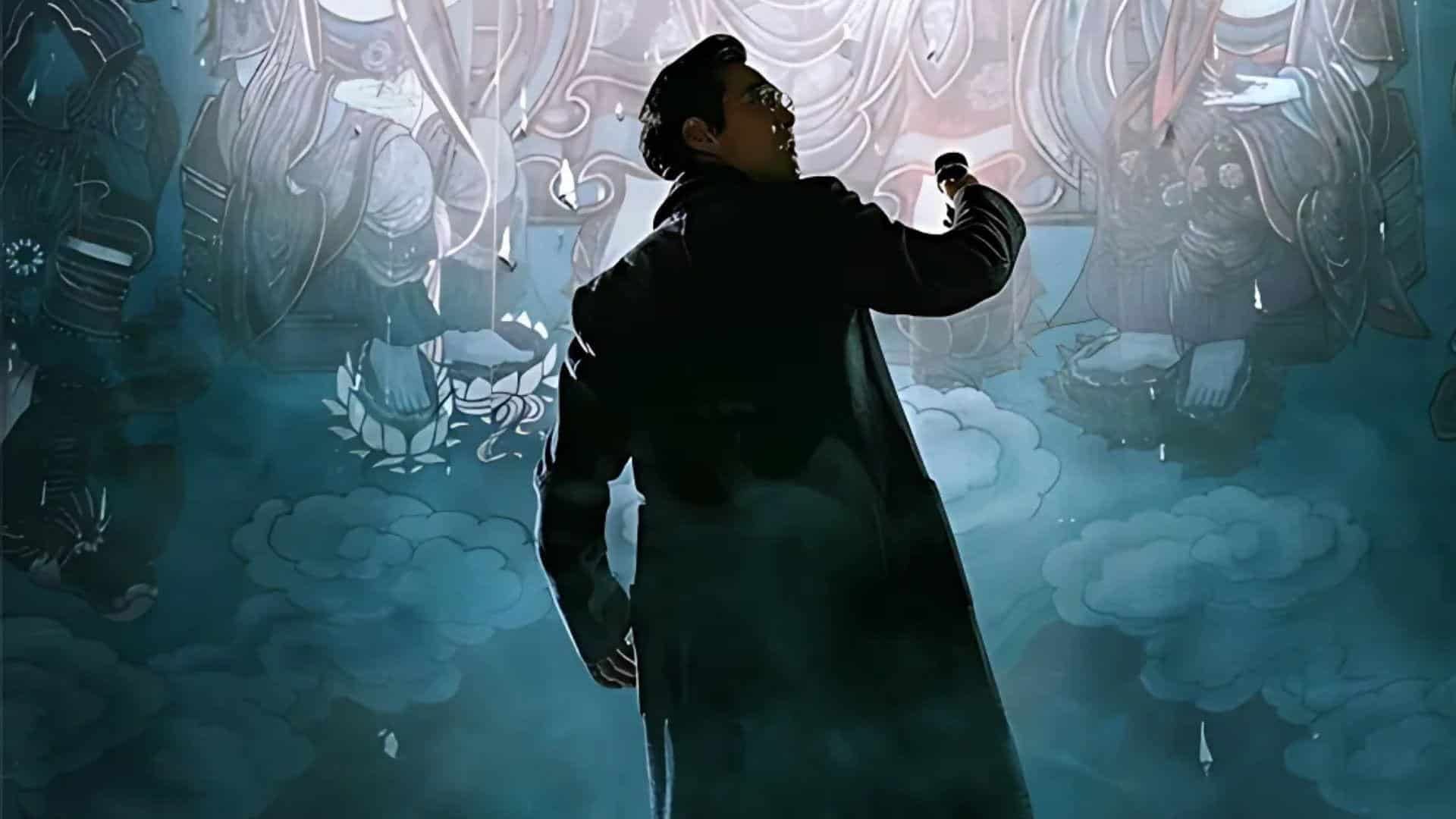
How does “Svaha” create its eerie atmosphere?
Cinematographer Kim Tae-soo uses lots of blue colors that make everything feel cold and unwelcoming.
The crew filmed in Gangwon-do’s mountains, where temperatures dropped to -20°C.
This freezing landscape becomes part of the story itself.
The visual design creates striking contrasts.
Warm religious spaces clash against the icy outdoors, showing the tension between different beliefs.
As the movie goes on, the camera gets closer and more personal.
It starts with wide shots and moves to uncomfortable close-ups that make you feel trapped.
What about the sound?
The film builds fear through creepy audio rather than cheap jump scares.
The sound design works well, though some scenes could use stronger music to punch up the drama.
Everything works together to create sustained dread that gets under your skin.
Themes and Storytelling
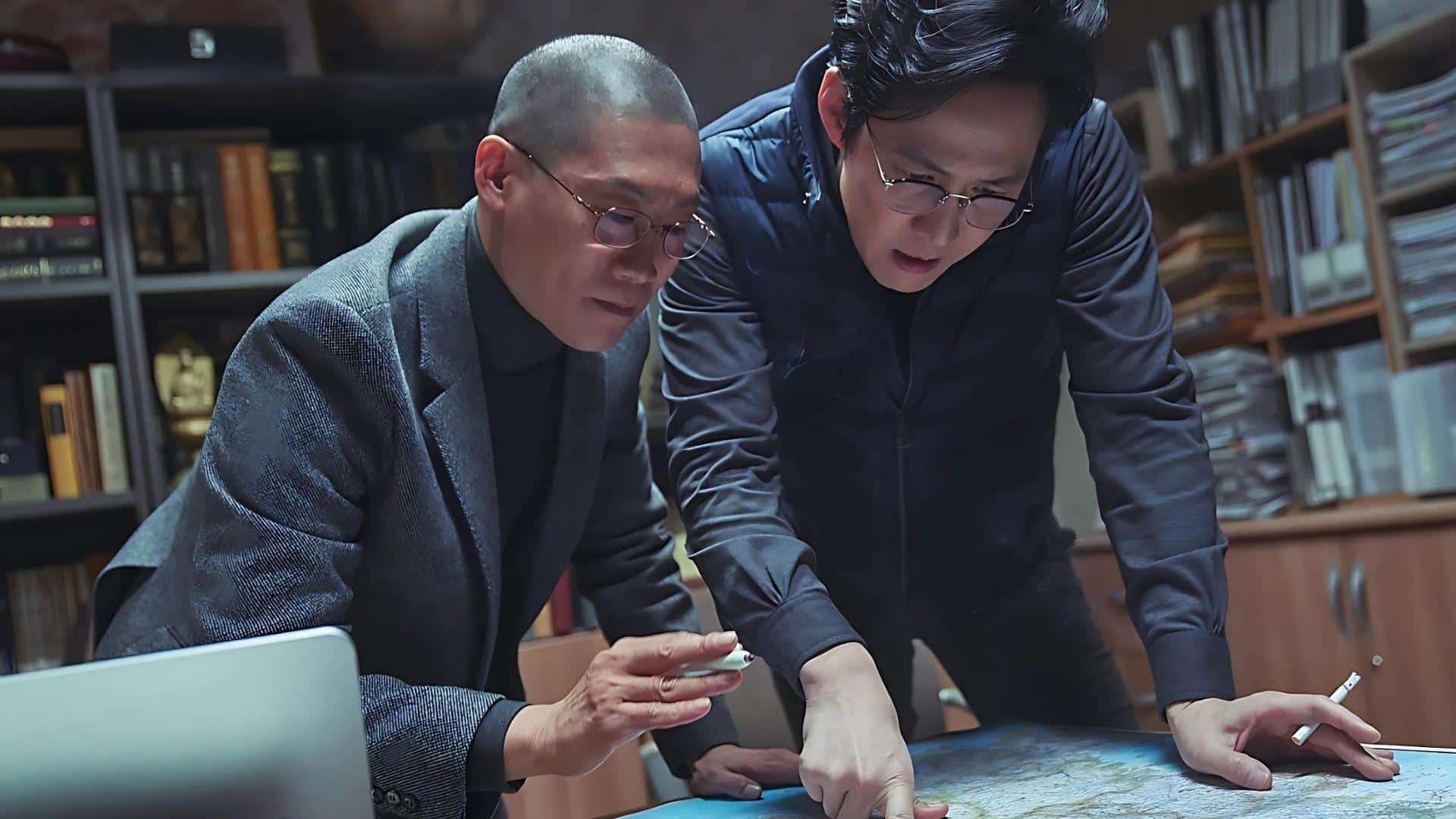
“Svaha” takes a fearless dive into religious extremism, showing how faith can be twisted to control people.
The film doesn’t avoid tough questions about belief systems and their potential dangers.
The movie weaves multiple stories together at a deliberate pace.
Some viewers appreciate this methodical approach, while others find it too slow.
This careful storytelling lets the film tackle big philosophical ideas without rushing.
The film’s real strength comes from mixing Buddhist and Christian concepts to create something uniquely Korean.
Beyond typical horror scares, “Svaha” asks heavy questions about fate, evil, and human sacrifice.
These aren’t just frightening moments; they’re deep philosophical puzzles.
Rather than relying on standard horror tricks, the movie makes you think about belief systems and their consequences.
It elevates what could be simple genre entertainment into a meaningful meditation on faith and its darker possibilities.
What Critics Say
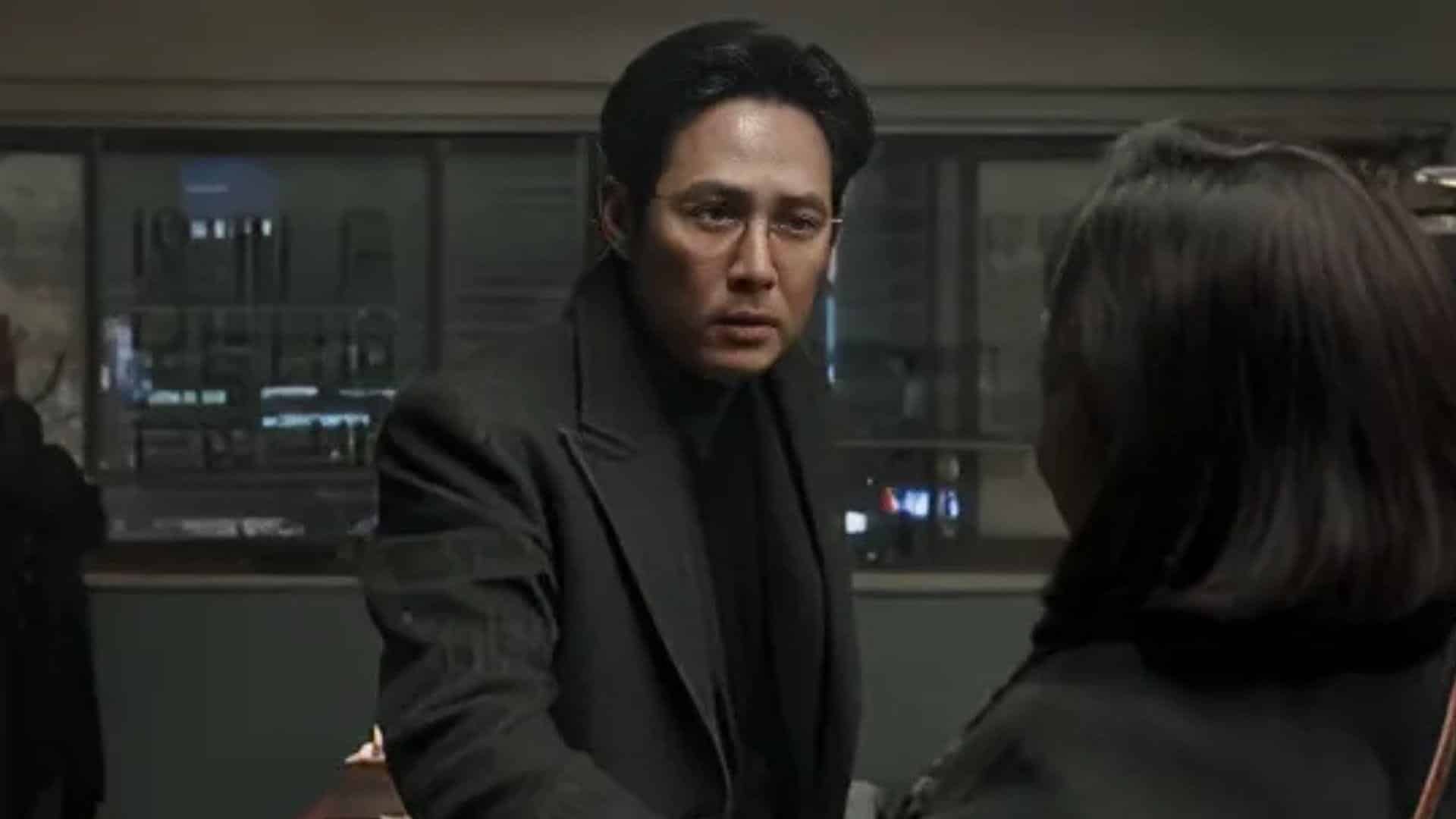
“Svaha” received mixed-positive reviews.
Critics noted its ambitious religious themes and atmospheric direction, which are rarely explored in genre cinema.
Frequently compared to “The Wailing,” reviewers highlighted its world-building and thematic richness over conventional scares.
The film’s stunning visuals and strong performances received consistent acclaim.
However, critics diverged on pacing issues, with some finding the narrative unnecessarily convoluted and several character arcs underdeveloped.
The ending proved particularly divisive.
Some praised its philosophical power, while others felt it failed to deliver on the film’s complex setup.
Nevertheless, most appreciated its unique contribution to Korean horror.
Final Verdict and Recommendation
“Svaha: The Sixth Finger” puts deep thinking before cheap thrills, creating a religious horror experience unlike anything from Hollywood.
It’s not flawless, but this uniquely Korean take on faith-based terror stands in a league of its own.
Who should watch this?
Perfect for viewers who love slow-burn mysteries with rich backstories.
If you enjoy brainy horror that makes you think, or films that dig deep into religious questions, this one’s for you.
The film rewards careful viewers with its thoughtful pacing and layered story.
Want quick scares and nonstop action?
Look elsewhere.
But if you’re ready to wrestle with big theological ideas, you’ll find plenty to chew on.
Rating: ★★★★☆ (4/5) – A flawed but fascinating religious thriller that shows Korean cinema continues to innovate and impress.
More films to check out: “The Wailing,” “The Priests,” “The Ninth Gate,” and “Memories of Murder” for similar mystery and horror vibes.

